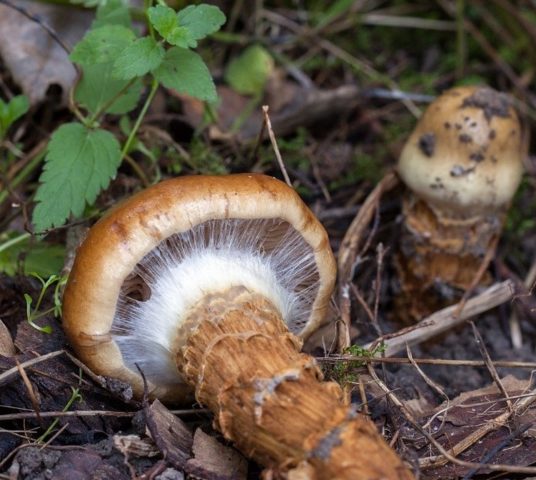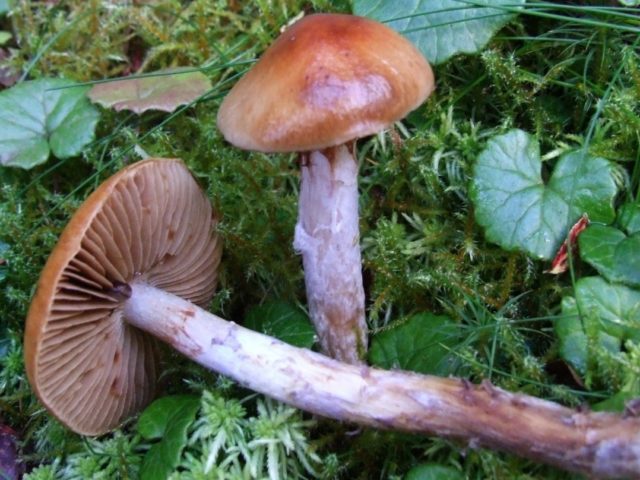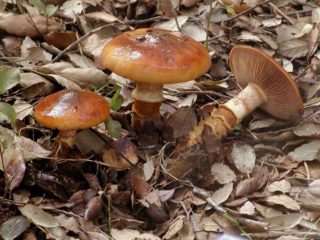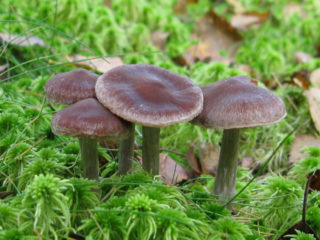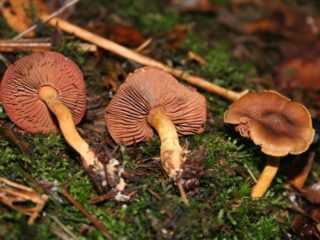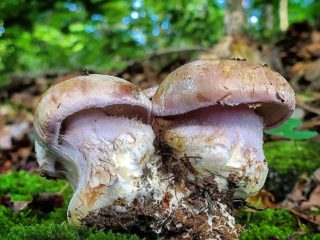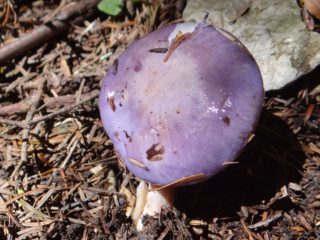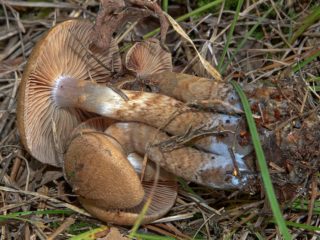Content
The changeable webcap is a representative of the Spiderweb family, the Latin name is Cortinarius varius. Also known as multi-colored spiderweb or brick brown gooey.
What a changeable spider web looks like
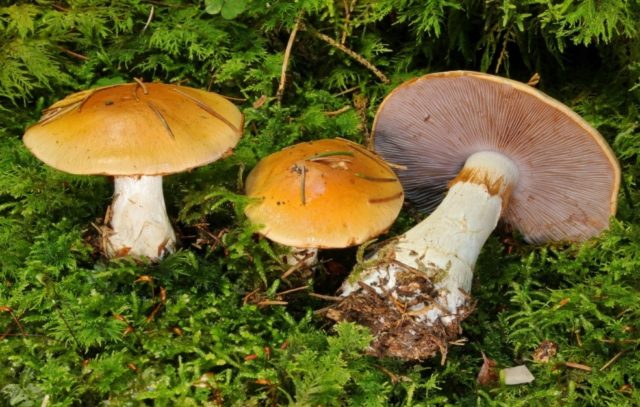
On the edge of the cap, you can see the remnants of a brown bedspread
The fruit body of this species consists of a fleshy cap and a rather thick stem. The spore powder is colored yellow-brown. The pulp is whitish, dense, firm, with a subtle musty odor.
Description of the hat
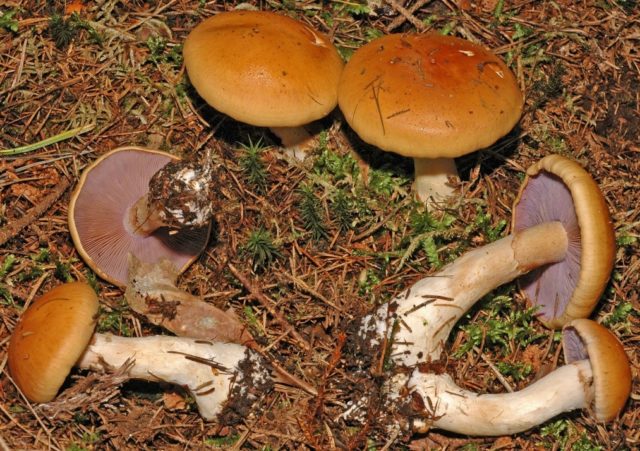
Has many poisonous and inedible counterparts
In young specimens, the cap is hemispherical in shape with the edges tucked inward, as it grows up, it becomes convex. The diameter varies from 4 to 8 cm, but there are specimens in which the cap reaches 12 cm. Adult mushrooms are distinguished by drooping or curved edges. The surface is slimy, colored orange-brown with lighter edges and a dark red center. On the underside of the cap there are frequent plates, the color of which is purple at the initial stage of ripening, over time it becomes pale brown. In young specimens, a white veil is well traced.
Leg description
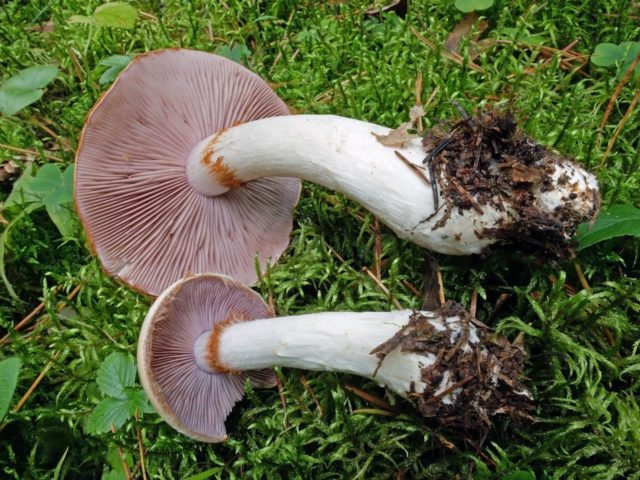
Can grow one at a time or in small groups
The leg of the cobweb is characterized as clavate, its length varies from 4 to 10 cm, and its thickness is from 1 to 3 cm in diameter. Some specimens may have a thick tuber at the base. The surface is smooth, dry and silky to the touch. Initially white, gradually turns yellowish. A ring of light brown color is located almost at the base of the leg.
Where and how it grows
This species prefers coniferous and deciduous forests, most often found in the southern and eastern regions. The best time for fruiting is from July to October.
Is the mushroom edible or not
The mutable webcap belongs to the group of conditionally edible mushrooms. In Europe, this species is considered edible and is quite popular. Suitable for cooking main courses, pickling and salting.
Doubles and their differences
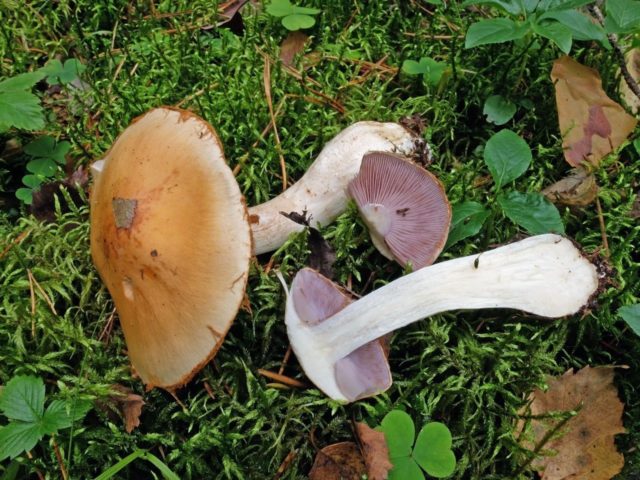
The pulp is white, slightly bitter
In appearance, the changeable spider web is similar to some of its relatives:
- Common webcap - inedible species. Initially, the double's hat is hemispherical with a curved edge, gradually becoming prostrate. Its color ranges from pale yellow or ocher to honey brown, with the middle always darker than the edges. A special feature is the girdle on the leg, which is a concentric fiber of brown or yellow-brown color.
- Straight webcap - belongs to the group of edible mushrooms. You can distinguish a double by a straight bluish or lavender leg.It is not often found, it is located in deciduous or mixed forests where aspens grow.
Conclusion
The changeable webcap can be found in deciduous and coniferous forests. In some foreign countries, dishes from this specimen are considered a delicacy, and in Russia it is classified as conditionally edible mushrooms. You can eat it, but only after preliminary processing. In addition, it is important to make sure of the authenticity of the species, since the mutable webcap has many inedible and even poisonous twins, the use of which can lead to serious poisoning.
